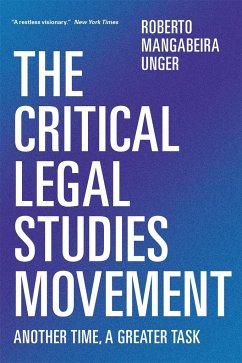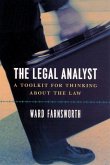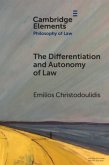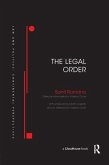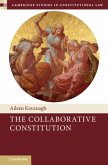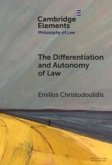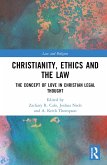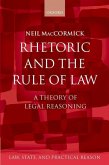The Civil Rights and feminist movements of the sixties did not leave legal theory untouched. Over the following two decades, the Critical Legal Studies movement--led by the Brazilian philosopher, social theorist and politician Roberto Unger--sought to transform traditional views of law and legal doctrine, revealing the hidden interests and class dominations in prevailing legal frameworks. It remains highly influential, having spawned more recent movements, including feminist legal studies and Critical Race Theory. The Critical Legal Studies Movement develops its major ideas, showing how laws and legal discourse hide the social inequalities and political biases that so interest philosophy and revolutionary politics.
Hinweis: Dieser Artikel kann nur an eine deutsche Lieferadresse ausgeliefert werden.
Hinweis: Dieser Artikel kann nur an eine deutsche Lieferadresse ausgeliefert werden.

